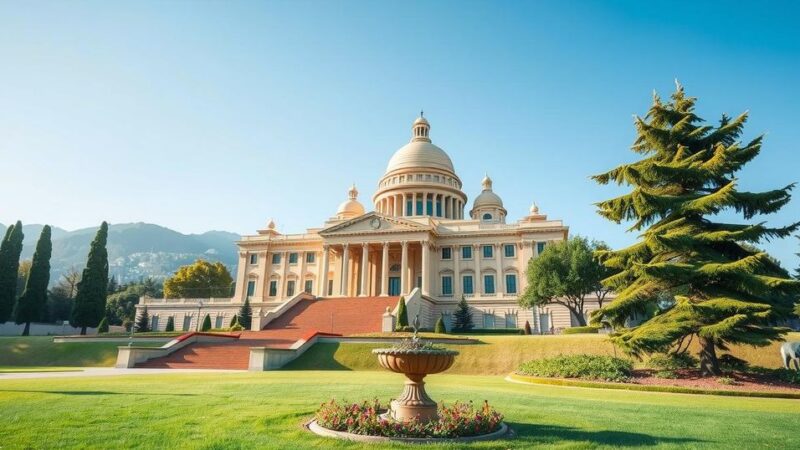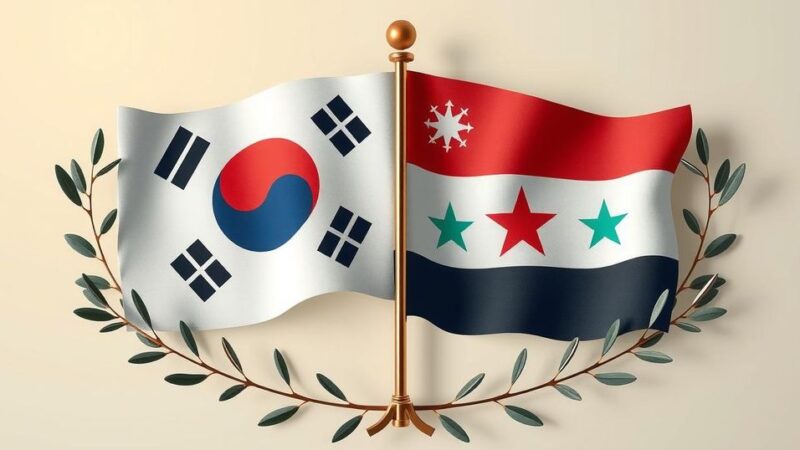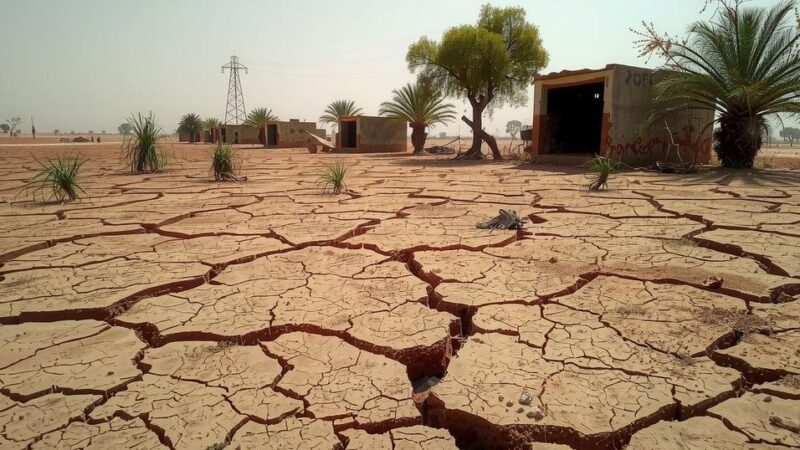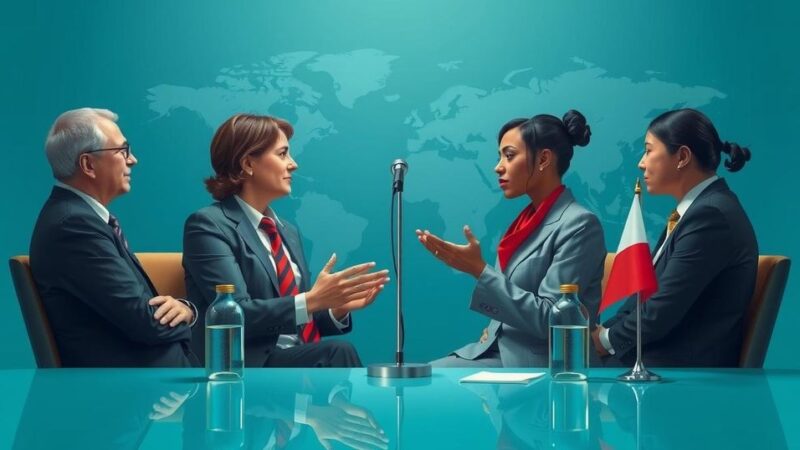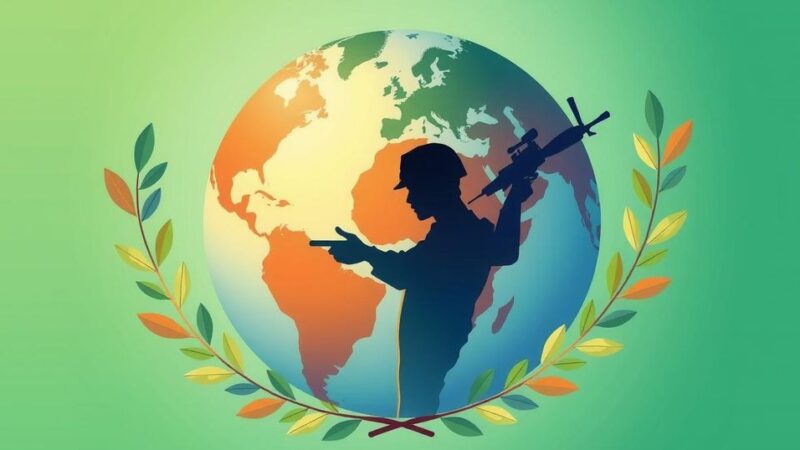The diplomatic dispute between the US and South Sudan intensified after Juba refused to accept a deported individual, leading to the US revoking visas for South Sudanese passport holders. Concerns have been raised about the humanitarian implications of this decision, particularly regarding individuals under temporary protection status. International analysts criticize the move as an undue burden on South Sudan, which is coping with political instability. The situation awaits further diplomatic resolution.
The diplomatic rift between the United States and South Sudan escalated following Juba’s refusal to accept the return of an individual deported from the US. South Sudan asserted that this man was actually a Congolese citizen utilizing false documentation. In response, US Secretary of State Marco Rubio articulated that countries must dutifully accept the return of their citizens, condemning South Sudan’s failure to comply with this principle.
Consequently, the US Department of State announced an immediate revocation of all visas held by South Sudanese passport holders. Rubio indicated these measures would be reassessed contingent on South Sudan’s full cooperation. This diplomatic incident unfolds against the backdrop of South Sudan’s ongoing political turmoil, which has increasingly erupted into violence.
The US government’s decision has raised significant concerns, as many South Sudanese citizens possess temporary protection status (TPS) granted due to their country’s dire political conditions. Khaled Mahmoud remarked that this action reflects a departure from the humanitarian ideals traditionally upheld by the United States, signaling a troubling shift in values toward vulnerable populations experiencing crises.
International relations analyst Abiol Lual Deng commented on the lack of clarity surrounding South Sudan’s alleged wrongdoing, describing it as nonsensical to penalize a developing nation over one individual. He further voiced discontent regarding the rapid erosion of US norms, highlighting the difficulty smaller nations such as South Sudan face when confronted by US pressure.
Despite South Sudan’s officials condemning the US response as unjust, claiming cooperation on all other deportation matters, they eventually agreed to allow the Congolese national, identified as Makula Kintu, to enter the country after assessing his citizenship status. However, it remains uncertain whether he will stay or be sent back to Congo, with US officials yet to communicate any changes regarding visa restrictions.
The potential implications of these travel restrictions could impact over 100 South Sudanese individuals benefiting from TPS, along with numerous athletes and professionals residing in the US. Among those potentially affected are players from the South Sudanese basketball team who gained prominence during the 2024 Paris Olympic Games and are currently pursuing their education in the United States. Furthermore, North Carolina Congress representatives have urged action to reverse the visa ban, emphasizing that affected South Sudanese visa holders are integral community members pursuing their aspirations in the face of turmoil.
The escalating diplomatic conflict between the United States and South Sudan reveals significant concerns regarding humanitarian principles and international relations. The US action to revoke visas for South Sudanese passport holders amidst a local crisis raises questions about the treatment of vulnerable populations. Despite South Sudan’s eventual acceptance of a deported individual, the developments illustrate the broader implications for those under temporary protection status and the affect on South Sudanese citizens in the US. Continued dialogue is essential to navigate these complex diplomatic waters and to uphold humanitarian values in global relations.
Original Source: www.dw.com


